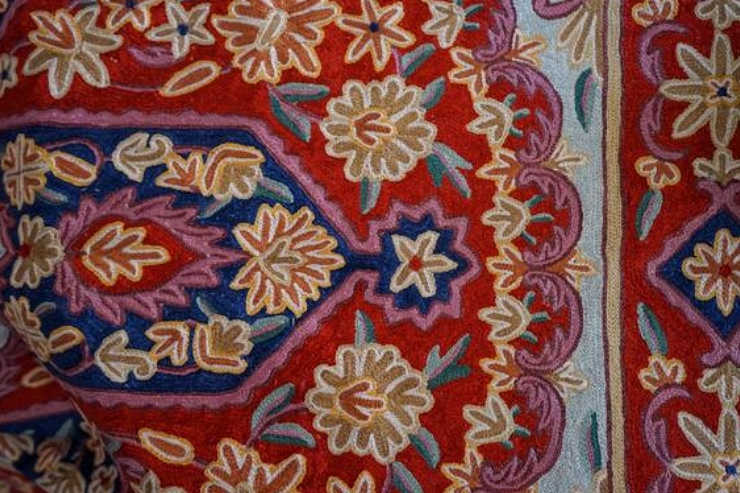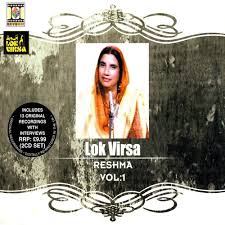Was out enjoying a pint of dark ale yesterday afternoon with a friend who plays a bit of jazz guitar. Just a pick up group of elderly Sri Lankan emigres–doctors, accountants–who love Miles Davis and Monk. And my friend Rob. An Aussie public servant who just wants to make music. They don’t perform publicly, preferring the casual camaraderie of doodling and grooving a couple times a month.
As the hot wind blew through our hair Rob mentioned that he was finding it hard to find inspiration in the same old jazz music. As good as it is and as genius as Monk, Davis and Oscar Peterson are, Rob was lamenting his being in a rut. Not knowing where to look for more contemporary or at least different jazz sounds. I shared a similar predicament, one that has bothered me for a number of years and had me listening to less and less jazz.
The way I unblocked the sink was to go on to Reddit–that truly amazing platform of information (and of course dis-information; you got to check your sources)–and shout into the void, “I’m bored with jazz. Help!” Within minutes the replies came back in echoing waves, “Try this!” “You gotta check this out!” “How about some Polish trumpet playing?'” “Its all happening in the UK.” “Nubya Garcia’s the bomb!” “Yazz Ahmed and Kokororo are the best.”
It worked. I followed some of those rabbit holes and they of course led to others and within a few weeks I was fully immersed in a whole new world of Jazz. One that had little to do with Milt Jackson (whom I adore) or Miles or Sonny or Ella. The centre of my jazz world shifted from New York and Chicago to London and Beirut.
I immediately offered to send a few files Rob’s way and included Natural Selection a 2010 album by Pakistani-American guitarist Rez Abbasi. Abbasi has been at the critical forefront of American jazz guitarists for many years now and continues to release music in a variety of styles and with a changing guard of collaborators. Known primarly as an innovative electric guitarist, in this album he plays (primarily) the acoustic, and is accompanied by a small group that includes drum, bass and vibes. The latter is particularly interesting and affective here.
The album offers a several covers of other’s work like Punjab (Joe Henderson) Personal Mountains (Keith Jarrett) and a gorgeous Ain’t No Sunshine (Bill Withers) to close out the album. The opening track Lament too is an homage, if not straight cover, to Nusrat Fateh Ali Khan. Overall the album shimmers with sound and the cover art that depicts water drops against glass is an apt visual representation for the sound. Light yes, but not superficial or simple.


Track Listing:
01 Lament
02 Pakistani Minor
03 Personal Mountains
04 Up On the Hill
05 When Light Falls
06 Bees
07 Blu Vindaloo
08 New Aesthetic
09 Punjab
10 Ain’t No Sunshine











